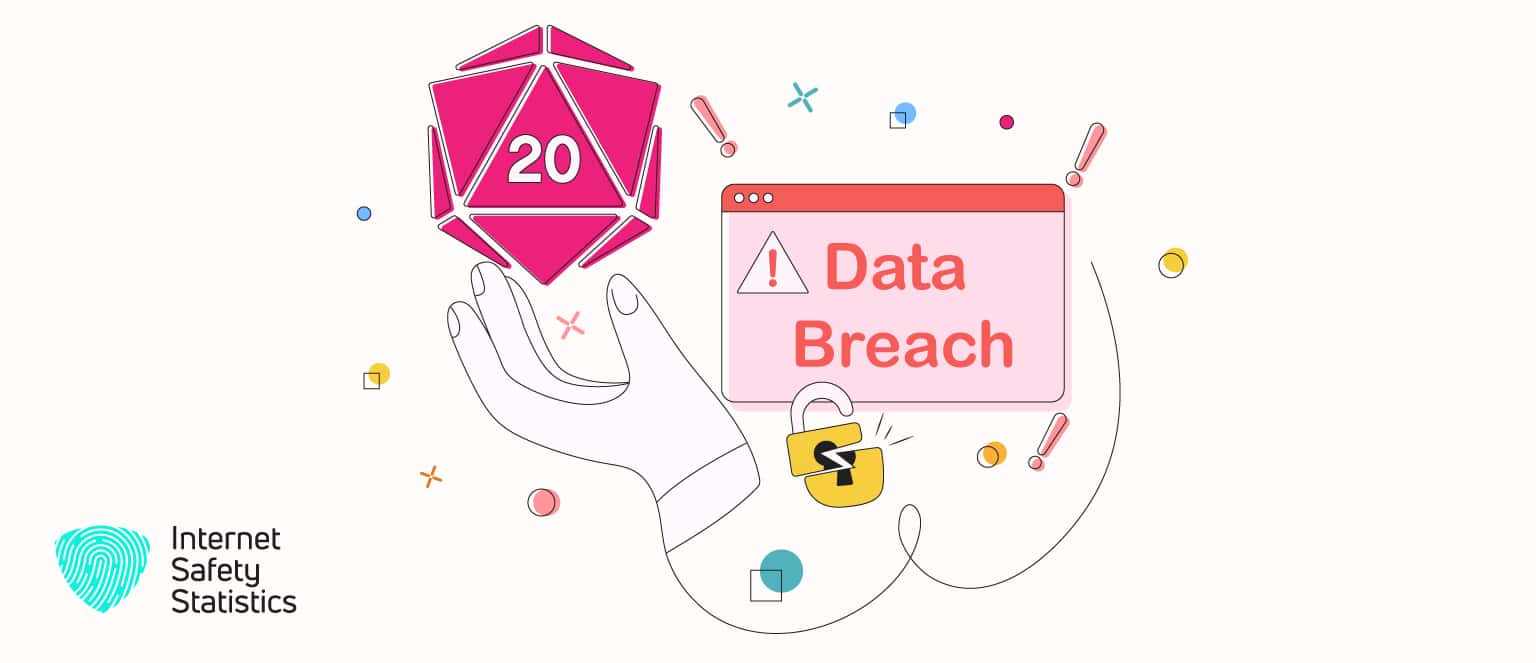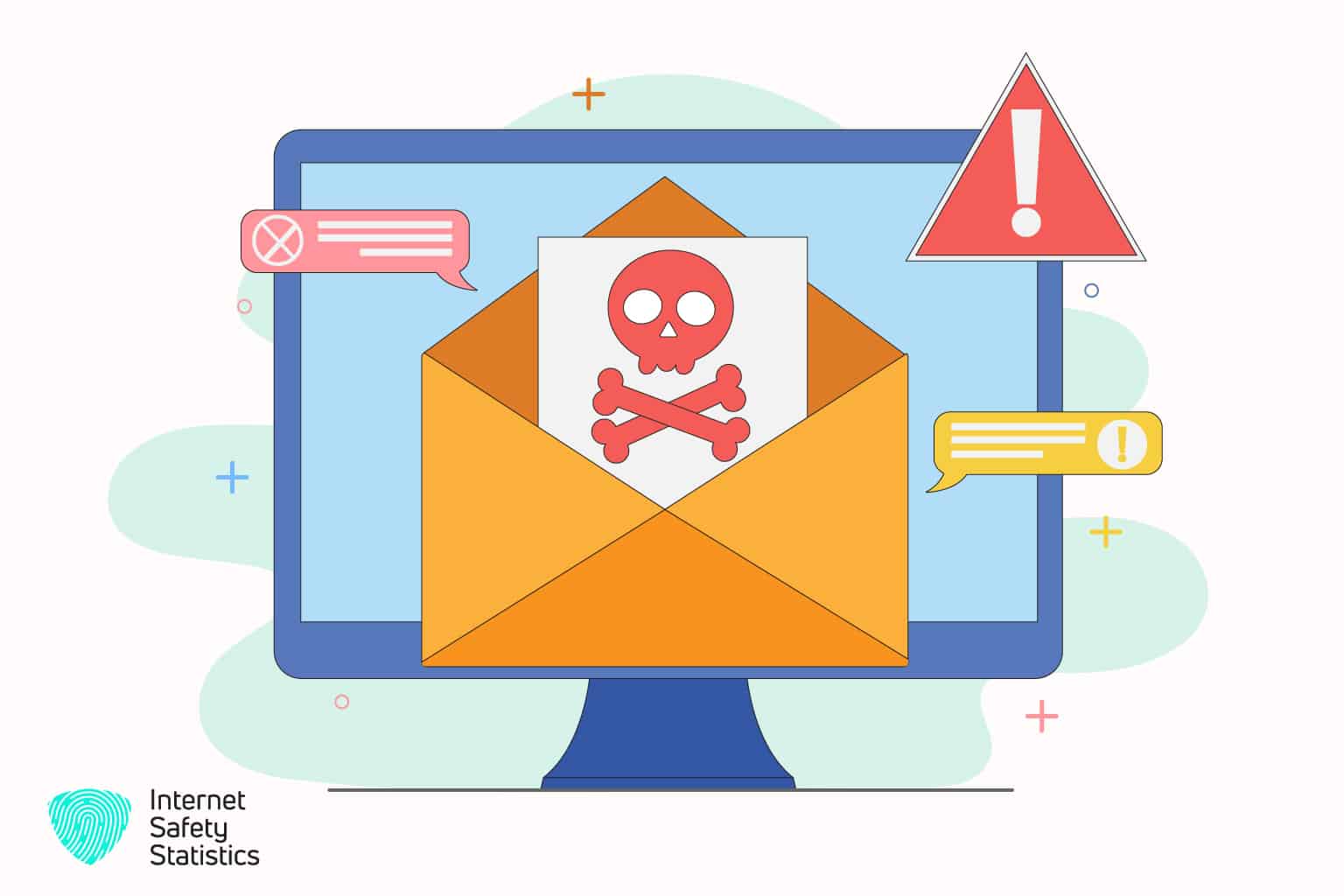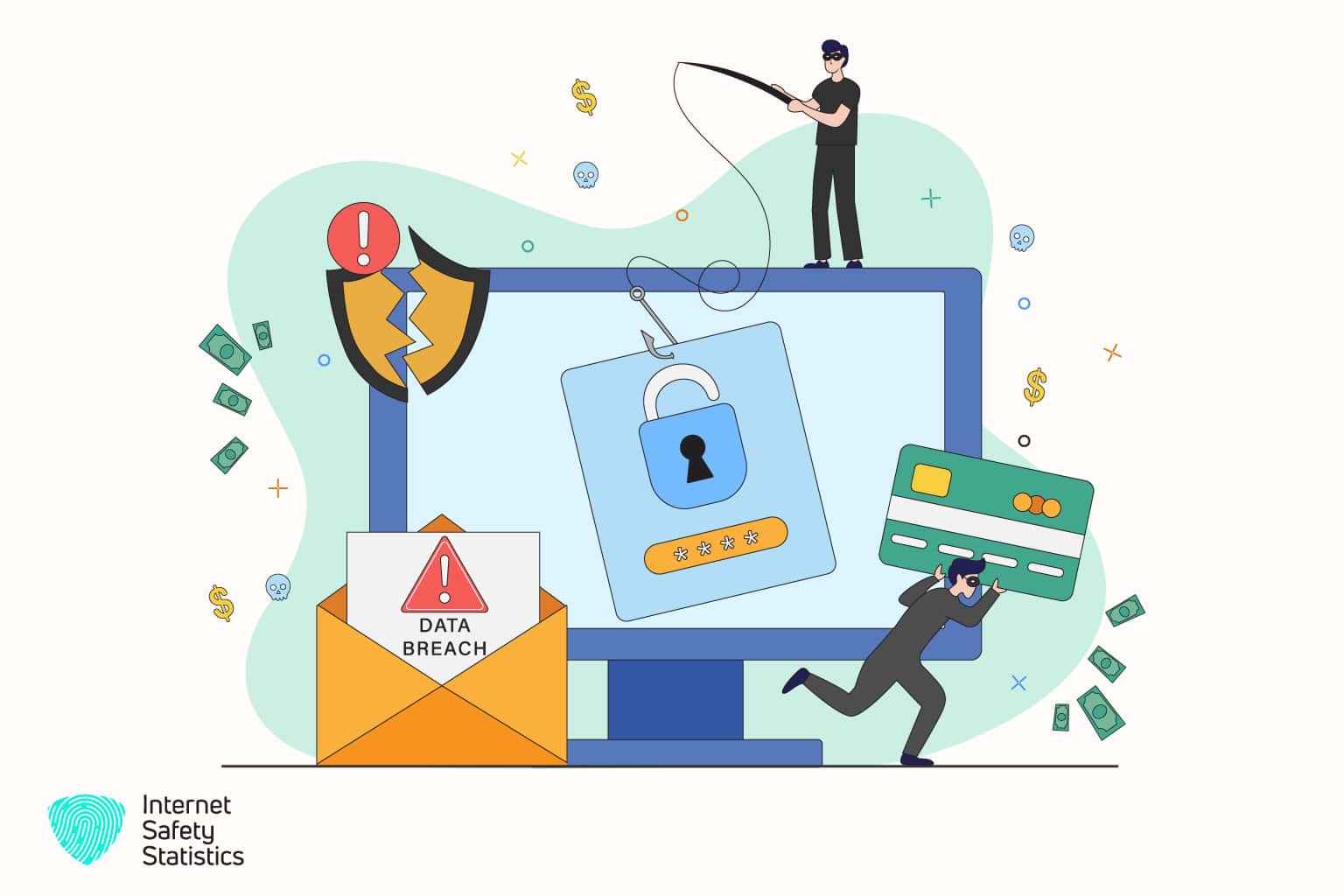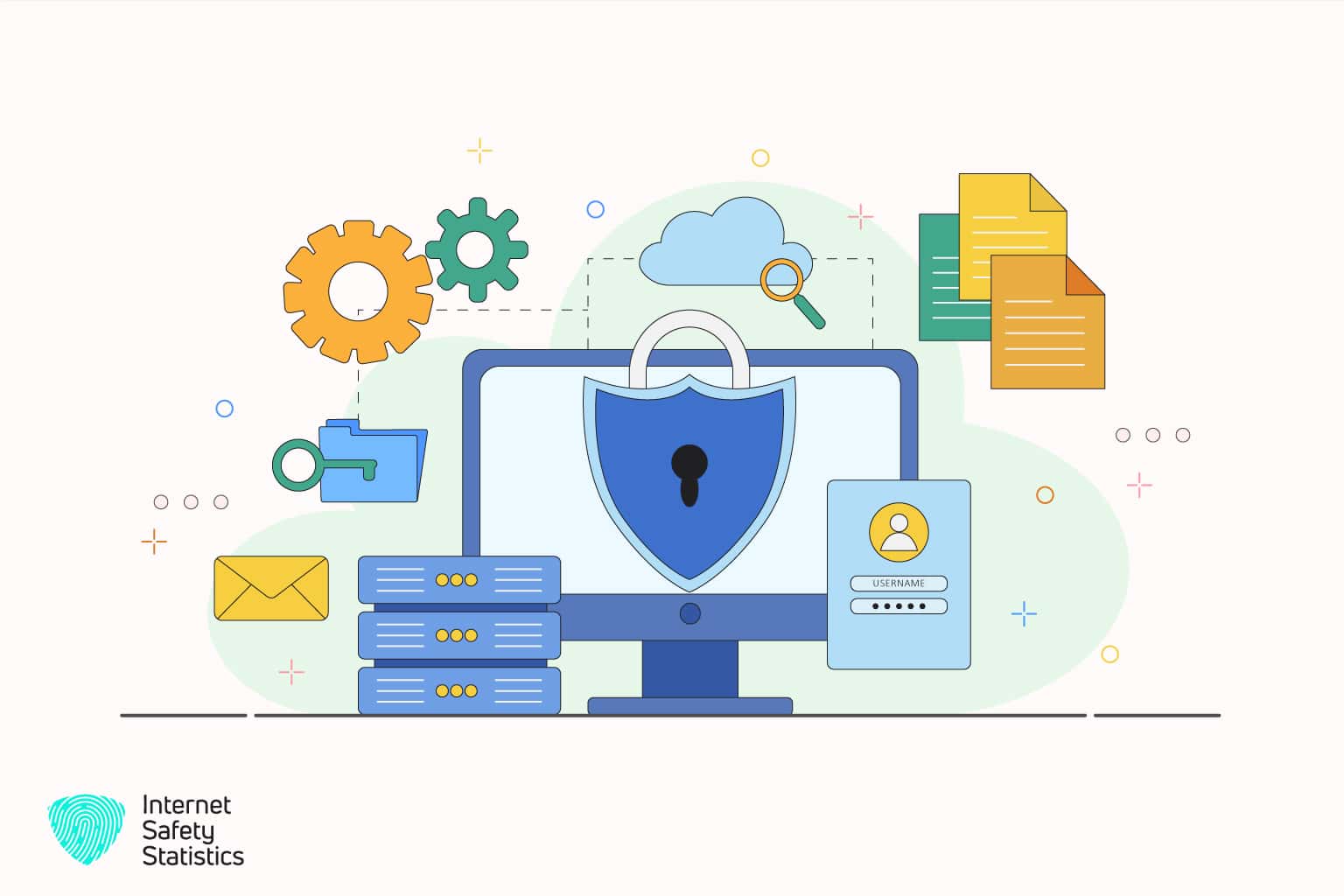
Data breaches have become a growing concern in our digital age, highlighting the vulnerability of personal information and the potential consequences for individuals and businesses alike. One notable incident that raised alarm bells was the Roll20 data breach. In this breach, the popular online platform for tabletop role-playing games fell victim to a cyberattack, compromising user data and raising questions about the security of online platforms.
A Brief Overview of the Roll20 Data Breach Incident
Roll20, a platform that revolutionised how people connect and play tabletop role-playing games online, experienced a significant data breach. The incident involved unauthorised access to their systems, exposing user information to potentially malicious actors. This breach sent shockwaves through the gaming community and highlighted the importance of robust cybersecurity measures to protect user data.
The Importance of Data Breaches
Data breaches pose implications for both individuals and organisations.
For users of platforms like Roll20, the breach meant that their usernames, email addresses, and potentially even passwords were exposed, leaving them vulnerable to various cyber threats.
Furthermore, data breaches have significant repercussions for companies. They erode customer trust, damage reputation, and can result in legal and financial consequences. The Roll20 data breach serves as a stark reminder that no organisation is immune to cyber threats and that investing in robust cybersecurity measures is crucial to safeguarding sensitive user data.
Likewise, users must remain vigilant and take steps to secure their personal data online. We will go into the specifics of the Roll20 data breach in this article, looking at both its effects on users and its broader implications for data security.
We will examine the lessons learnt from this incident and discuss the best measures that individuals and organisations should take to lower the risk of future data breaches.

Roll20 as an Online Platform for Tabletop Role-Playing Games:
Roll20 is a cutting-edge online gaming hub that completely changed how people communicate and engage in classic role-playing games (RPGs) on the internet.
RPGs are immersive games where players assume fictional roles and embark on exciting adventures, often with the help of dice rolls and storytelling elements. Roll20 brings this experience to the virtual realm, allowing players from around the world to come together and participate in collaborative gameplay.
What is the Roll20 Data Breach?
The Roll20 data breach was a significant incident that occurred in 2019, impacting the popular online gaming platform and its users. During the breach, unauthorised individuals gained access to user accounts and potentially acquired sensitive information. This breach compromised usernames, email addresses, and hashed passwords of a substantial number of Roll20 users.
The breach was a result of a cyberattack, where hackers exploited vulnerabilities in Roll20’s security infrastructure. While the exact method of the attack and the motivations behind it may vary, the consequences for users were potentially severe.
Impact on Users
The impact of the Roll20 data breach on users was significant and potentially far-reaching. The breach exposed sensitive user information, including usernames, email addresses, and hashed passwords. As a result, affected users faced several potential consequences.
- Account Compromise: With access to usernames and email addresses, hackers could attempt to gain unauthorised access to users’ Roll20 accounts. If users reused their passwords across multiple platforms, their other online accounts could also be at risk.
- Identity Theft: Usernames and email addresses obtained from the breach could be used for identity theft. Hackers may attempt to impersonate users or use their personal information to commit fraudulent activities.
- Phishing and Scam Attempts: Cybercriminals may exploit the breached data to launch targeted phishing campaigns or scams. They might craft convincing emails or messages, posing as Roll20 or other trusted entities, to trick users into disclosing more sensitive information or performing malicious actions.
- Password Security: While the passwords were hashed, there is still a risk of unauthorised individuals decrypting them. If users had weak passwords or reused them across multiple platforms, their accounts on other websites or services could be compromised.
- Reputation and Trust: The data breach could erode user trust in Roll20’s security measures. Users may question the platform’s ability to protect their personal information, potentially leading to a loss of confidence in the service.

To mitigate the impact of the breach, Roll20 took immediate action to notify affected users and advised them to change their passwords. They also enhanced their security measures and collaborated with law enforcement agencies in order to investigate the incident. However, the breach serves as a reminder of the importance of strong password practices, regular monitoring of accounts, and overall vigilance in protecting personal information online.
Affected users should remain vigilant for suspicious activities related to their Roll20 account or other online accounts. They should change their passwords, enable two-factor authentication, and consider using password managers to create unique and secure passwords for each platform they use. Additionally, users should be cautious of unsolicited emails or messages, especially those requesting personal information or financial details.
By staying proactive and taking appropriate security measures, users can minimise the potential impact of data breaches and protect themselves from further harm.
Lessons Learnt
The Roll20 data breach incident has highlighted several important lessons for both users and companies regarding cybersecurity. These lessons are valuable insights to prevent future breaches and protect sensitive data. Here are the key lessons learnt from the Roll20 data breach:
A. Importance of prioritising security measures: The incident underscores the criticality of prioritising robust security measures. Companies must invest in implementing strong security controls, such as encryption, access controls, and secure coding practices, to safeguard user data.
B. The need for a well-defined incident response plan: Organisations should have a well-defined incident response plan in place to efficiently and effectively handle security incidents. This plan should outline the steps to be taken in case of a breach, including identifying the incident scope, containing the breach, mitigating the impact, and notifying affected users.
C. Regular security assessments and audits: Regular security assessments and audits are crucial to identify vulnerabilities and weaknesses in the system. Companies should conduct periodic assessments to evaluate their security posture, identify potential risks, and address them proactively.
D. User awareness and education about cybersecurity best practices: Users play a vital role in ensuring their own cybersecurity. Educating users about best practices, such as using strong and unique passwords, enabling multi-factor authentication, and being cautious of phishing attempts, can significantly reduce the risk of unauthorised access.
E. Prompt user notification and transparent communication: In the event of a data breach, it is crucial for companies to promptly notify affected users about the incident. Transparent communication helps build trust and allows users to take necessary actions to protect their information, such as changing passwords or monitoring their accounts for suspicious activity.
F. Collaboration with authorities and law enforcement agencies: Companies should collaborate with relevant authorities and law enforcement agencies during and after a data breach. Reporting the incident and working closely with the authorities can aid in investigating, prosecuting the perpetrators, and preventing future attacks.
G. Emphasising continuous improvement in cybersecurity practices: The data breach serves as a reminder that cybersecurity is an ongoing process. Companies must continuously evaluate and enhance their security practices to keep up with evolving threats and technology. This includes staying updated on the latest security measures, implementing patches and updates, and adopting industry best practices.
By learning from the lessons of the Roll20 data breach, companies can strengthen their cybersecurity defences, protect user data, and build a resilient security posture. Conversely, users can become more informed and proactive in safeguarding their personal information online. Together, these efforts contribute to a safer and more secure digital landscape.

Best Practices
Best Practices for Companies to Enhance Security Measures and to Mitigate the Risks of Future Breaches:
- Robust Security Measures: Companies should prioritise implementing robust security measures, including encryption, access controls, intrusion detection systems, and regular security audits. This helps to protect user data and prevent unauthorised access.
- Regular Security Audits and Assessments: Conducting regular security audits and assessments can help identify vulnerabilities and weaknesses in systems and applications. This allows for timely remediation and ensures that security measures are up to date.
- Strong Password Policies: Encourage users to create strong and unique account passwords. Implement password complexity requirements and educate users about the importance of using different passwords for each platform to prevent unauthorised access in case of a breach.
- Multi-Factor Authentication (MFA): Implementing MFA adds an extra security layer by asking users to provide more evidence to verify their identity. This helps protect user accounts even if passwords are compromised.
- Prompt User Notification: In the event of a data breach, it is crucial to promptly notify affected users and provide clear instructions on actions they should take, such as changing passwords and monitoring their accounts for suspicious activities. Transparent communication helps build trust and allows users to take necessary steps to protect themselves.
- Regular Security Training: Companies should invest in regular security training and awareness programmes for employees to educate them about potential threats, phishing attacks, and best practices for data protection. Users should also stay informed about cybersecurity best practices and be cautious while sharing personal information online.
- Collaboration with Law Enforcement: Engage with law enforcement agencies to report the incident, provide the necessary information, and collaborate in the investigation process. This helps bring the perpetrators to justice and prevent future attacks.
- Continuous Improvement: Regularly review and enhance security practices based on industry standards, emerging threats, and user feedback. Stay updated on the latest security technologies and best practices to ensure ongoing protection of user data.
By implementing these lessons learnt and following cybersecurity best practices, both companies and users can enhance their defences against data breaches and minimise the impact on individuals and organisations. Maintaining a proactive and vigilant approach to cybersecurity is essential in today’s digital landscape.
The Roll20 data breach serves as a reminder that even online gaming platforms are not immune to cybersecurity threats. By implementing strong passwords, enabling two-factor authentication, and practising good cybersecurity habits, users can enhance their protection against data breaches and unauthorised access.
Online gaming platforms must prioritise security measures, including encryption, regular security audits, and user education, to foster a safe and secure gaming environment. Through collective efforts, we can ensure that the joy of online gaming is coupled with robust data protection measures, creating a safer experience for all players.
